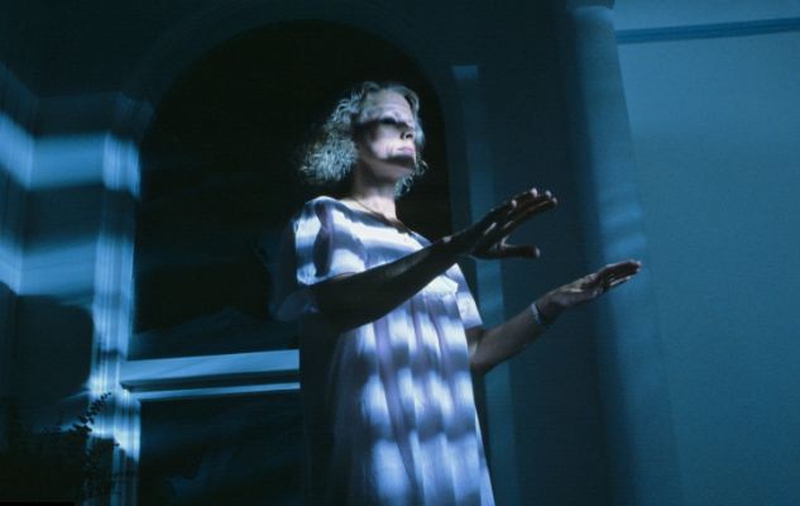The formal name for sleepwalking is somnambulism which is a behavior disorder. The disorder is illustrated by walking and even performing complex tasks during sleep. The sleepwalkers usually have a glazed look in their eyes or have a blank stare. Children suffer more from the disorder than the adults. The main cause is sleep deprivation. It can be hard to wake the sleep walker during an episode. So what should you do when seeing someone sleepwalking?

Is It Dangerous to Wake a Sleepwalker?
Not really. Rumor goes like it could send the sleepwalkers into shock or heart attack when they're awakened suddenly, but this simply isn't true. While it may not harm the person sleepwalking, it can hurt the person doing the waking. Because sleepwalking tends to happen during non-rapid eye movement which is a deep stage of sleep, waking people during this period can leave them agitated, startled or confused. They may not immediately recognize you and therefore, push, strike or lash out at you. This is called sleep inertia and it can last for as long as 30 minutes. Some sleepwalkers won't react aggressively but have been known to drive, cook and perform other tasks which can be dangerous if stopped immediately. It is often recommended to lead them back to bed.
Why Do People Sleepwalk?
Now that you get the answer to "is it dangerous to wake a sleepwalker", you may wonder the reasons behind sleepwalking. The exact cause of sleepwalking hasn't been pinpointed, but it does seem to flow down family trees. If you have family member who has had night terrors or sleepwalked, you are more likely to do so as well. The following factors can trigger sleepwalking or worsen it:
Anxiety and stress
Insufficient sleep
Fever and infection (generally in children)
Over indulging in alcohol
Some sedatives and other medications
Some recreational drugs
You can also have a sleepwalking episode if you suffer from other sleep disorders such as obstructive sleep apnea or restless leg syndrome. It's a good idea to see your doctor and treat these medical issues so your sleepwalking can be relieved.
What Happens During Sleepwalking?
You may be curious about what happens during sleepwalking now that you get the answer to "is it dangerous to wake a sleepwalker". Some people may simply look around when sitting up, while others are opening drawers and walking around. They may eat, get dressed and appear to be agitated. In some cases, a person can even exit the house and do complex things such as driving the car.
During sleepwalking, sleepwalkers' eyes are usually open. They may look straight ahead and appear glazed. They can usually get around familiar areas. If spoken to, they may respond but what they speak may not make any sense.
These episodes last around ten minutes or longer. At the end, people tend to wake up and return to bed. Generally, the sleepwalkers won't have memory of their sleepwalking or the remaining memory will be patchy.
Can Sleepwalking Be Treated?
Ensure Safety. First of all, make the area safe to prevent injuries in sleepwalking. Lock windows as well as interior doors if needed. Block stairs and doorways with gates. Move cords and other things that can trip you. Put sharp and fragile items away, and lock up any weapons. If it's a child, don't let him or her sleep in bunk beds.
Sleep More. Fatigue is a large contributor, so make sure you get enough sleep. Try earlier bed times or provide a nap time.
Get a Good Routine. A nice, calming activity like reading, warm bath, or solving puzzles is a good way to ease yourself into bed time. Relaxation exercises and meditation are ideal ways to help you work through your problem.
Reduce Stress. It's important to put stress in perspective. Learn to handle and reduce it. If your child is the sleepwalker, try to talk to your child about things that stress him or her out.
Check for Patterns. For a few nights, have someone note down the details of your sleepwalking. Timing can help you avoid injuries.
Take or Switch Medications. Some antidepressants and benzodiazepines can be a treatment when sleepwalking is disruptive. Switch medication if it is a possible contributor. Talk to your doctor and mention all the medicines you're taking no matter they're prescribed or OTC.

View All Comments /Add Comment